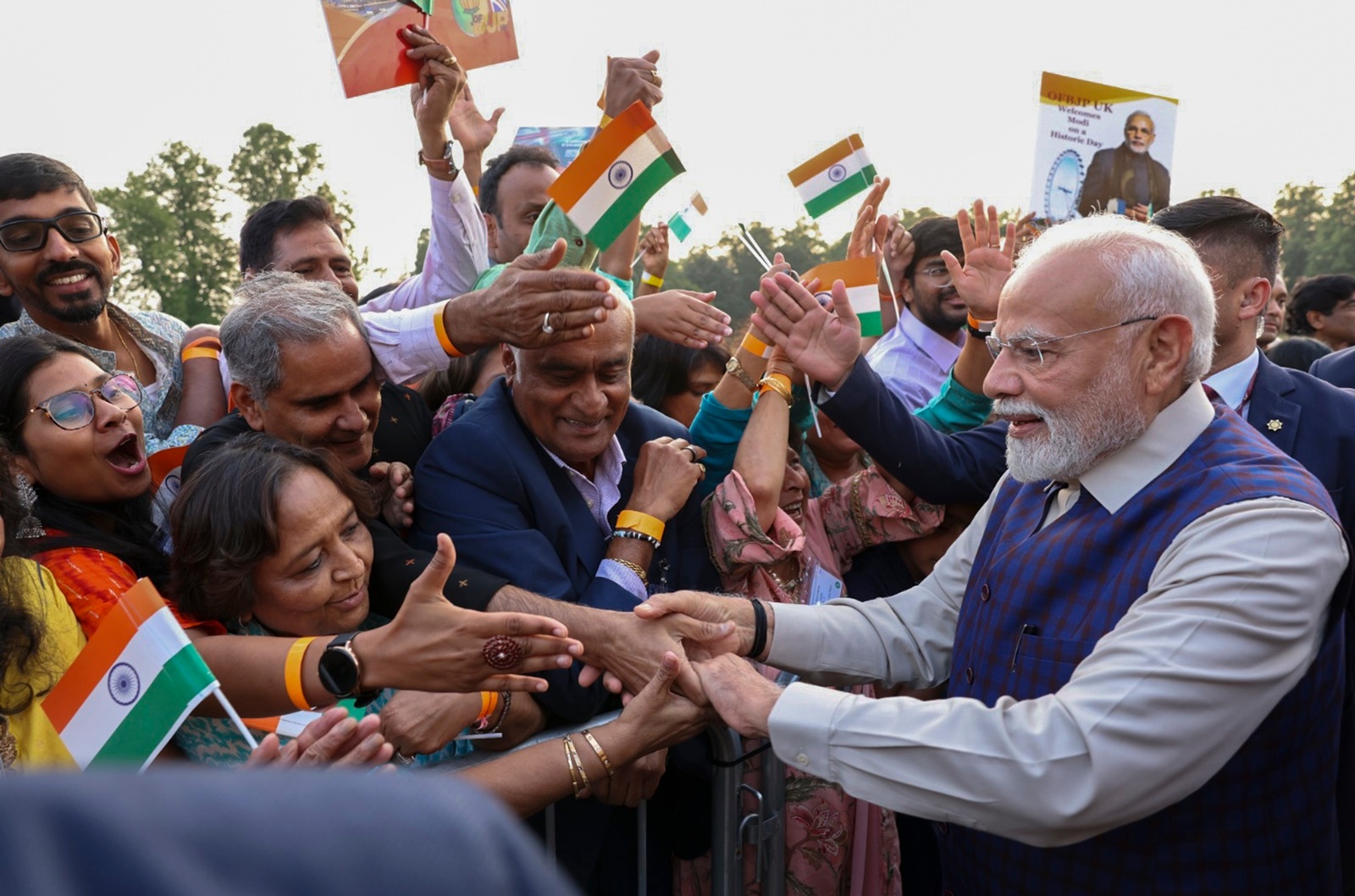India and the UK are poised to sign the long-awaited Free Trade Agreement (FTA) today — a pact that was years in the making, driven by mutual concerns over China, and finalised amidst a rapidly evolving US trade policy that has compelled nations worldwide to secure access to new markets.
The India-UK deal is significant as it would be the most comprehensive free trade agreements for India to have entered into so far and is going to be closely watched as a template for other upcoming major trade deals such as the agreement with the European Union.
The India-UK deal will also mark the beginning of integration between the advanced services sector in the UK and that of India along with opening doors for high-end British cars and whisky into India, albeit in a phased manner.
India and the UK (then part of the EU) began exploring the possibility of a trade deal back in 2007. However, Europe’s demands for access to India’s key job-generating sectors, such as automobiles and agriculture, were too steep for the government to build a consensus within the country, leading to the talks’ failure.
After deciding to withdraw from negotiations for the Regional Comprehensive Economic Partnership (RCEP) — a mega trade deal involving China, the ASEAN region, Australia, and New Zealand — over concerns of a surge in Chinese imports in 2019, India began looking to the lucrative West for deeper economic integration.

Diwali deadline missed and more
Post-2019, when India adopted a decisive approach towards a free trade agreement with the UK, a political crisis in London played spoilsport, beginning with Brexit in 2016. While negotiations continued under three different British Prime Ministers from 2022 to 2025, several deadlines were missed, including the Diwali deadline set by former UK Prime Minister Boris Johnson. The deal only materialised after the Keir Starmer-led Labour Party won a landslide victory in May 2025.
Another political push towards global deals was the election of US President Donald Trump. It incentivised countries to swiftly secure new markets, bringing the UK and India even closer to find certainty in a world that seems to be moving towards trade turmoil.
Story continues below this ad
 Prime Minister Narendra Modi being welcomed by members of the Indian diaspora on Wednesday. (Photo: PTI)
Prime Minister Narendra Modi being welcomed by members of the Indian diaspora on Wednesday. (Photo: PTI)
Shedding protectionism
The India-UK deal will help integration of the advanced services sector between the two nations. It will also enable access for high-end British cars and whisky into India in a phased manner.
The India–UK FTA is expected to ensure comprehensive market access for goods across all sectors, covering all of India’s export interests. India will benefit from tariff elimination on approximately 99 per cent of tariff lines, covering nearly 100 per cent of trade value — offering opportunities to boost bilateral trade between India and the UK, according to the Commerce and Industry Ministry.
The pact includes chapters on goods, services, innovation, government procurement, and intellectual property rights. The two countries have also concluded negotiations on the Double Contribution Convention Agreement, or social security pact, which would help avoid double contributions to social security funds by Indian professionals working for a limited period in Britain. However, talks on the Bilateral Investment Treaty (BIT) are still ongoing.
Government officials have pointed out that the India–UK trade deal is also significant as it is one of the most comprehensive free trade agreements that India has entered into so far and could serve as a template for future engagements, including the multiple trade deals currently under negotiation — such as the complex agreement with the European Union.
Story continues below this ad
The Ministry stated that the UK FTA will ease mobility for professionals, including contractual service suppliers; business visitors; investors; intra-corporate transferees; partners and dependent children of intra-corporate transferees with the right to work; and independent professionals such as yoga instructors, musicians, and chefs.
India’s exports to the UK rose by 12.6 per cent to $14.5 billion, while imports grew by 2.3 per cent to $8.6 billion in 2024–25. Bilateral trade between India and the UK increased to $21.34 billion in 2023–24 from $20.36 billion in 2022–23.



